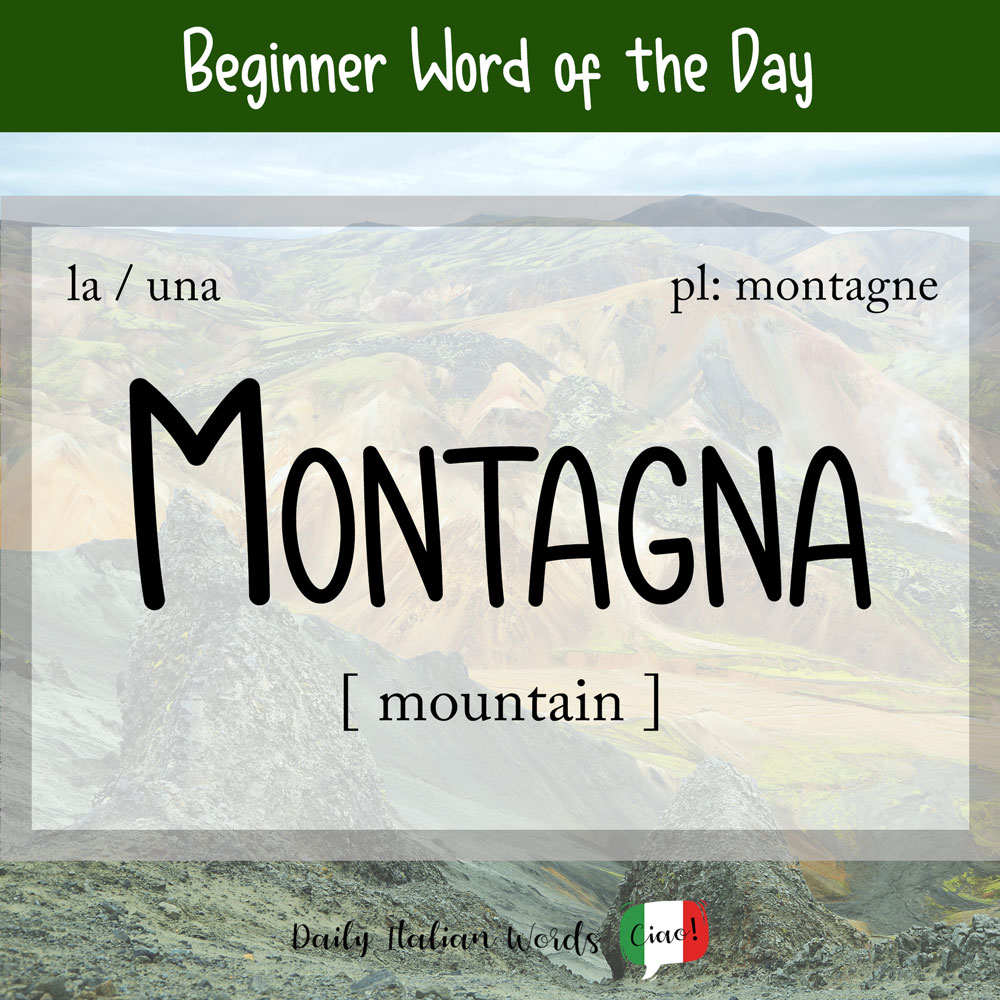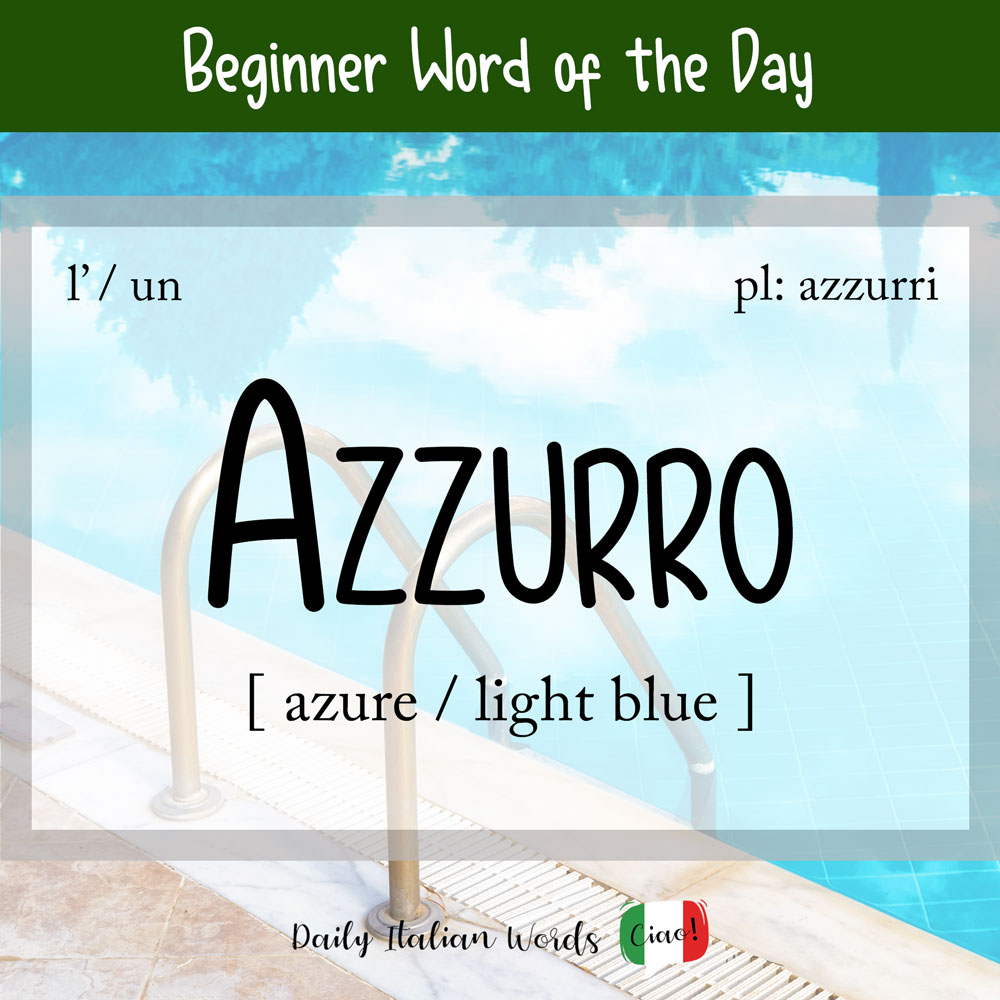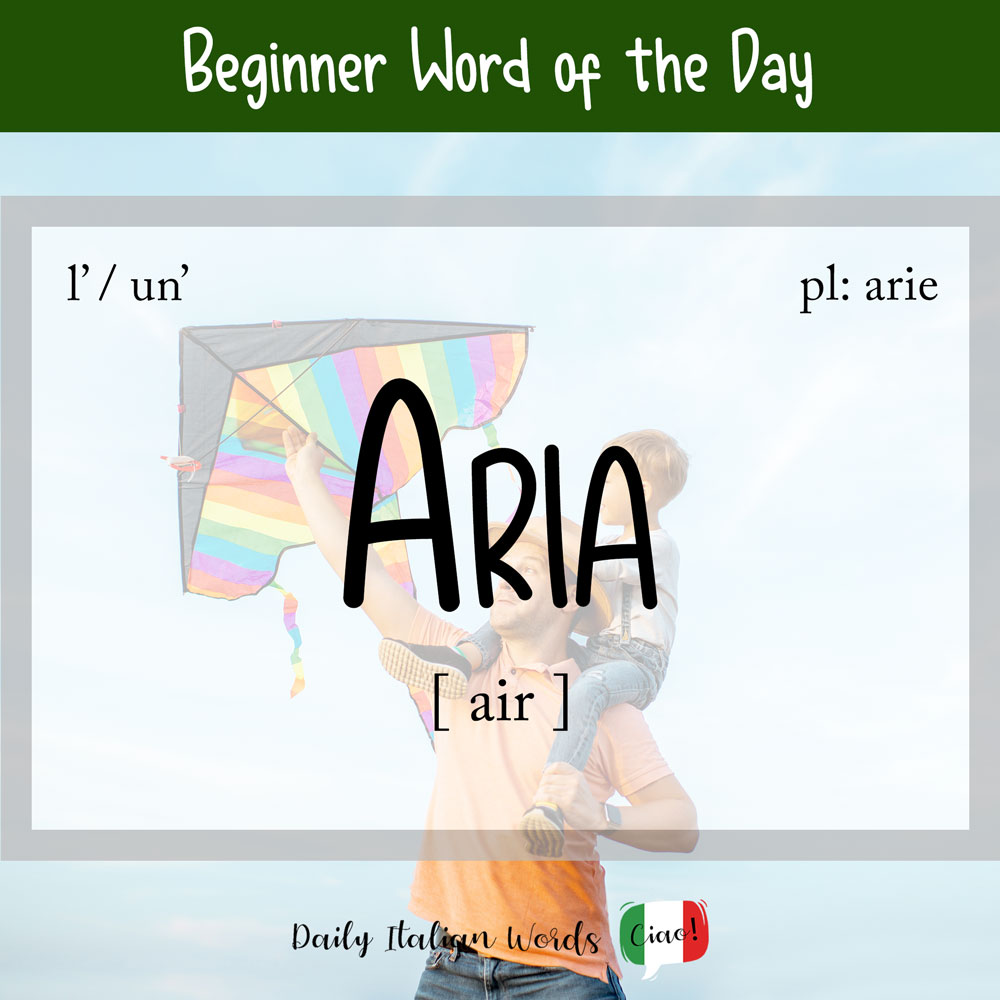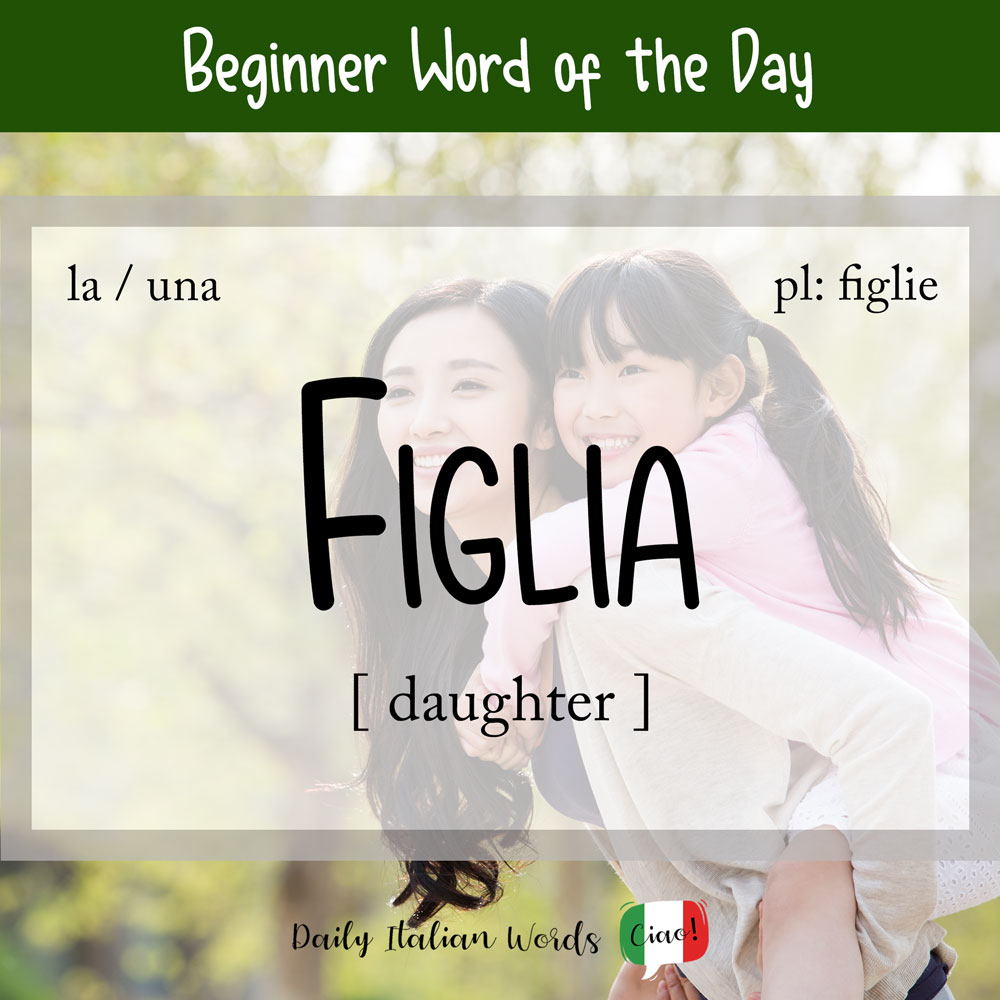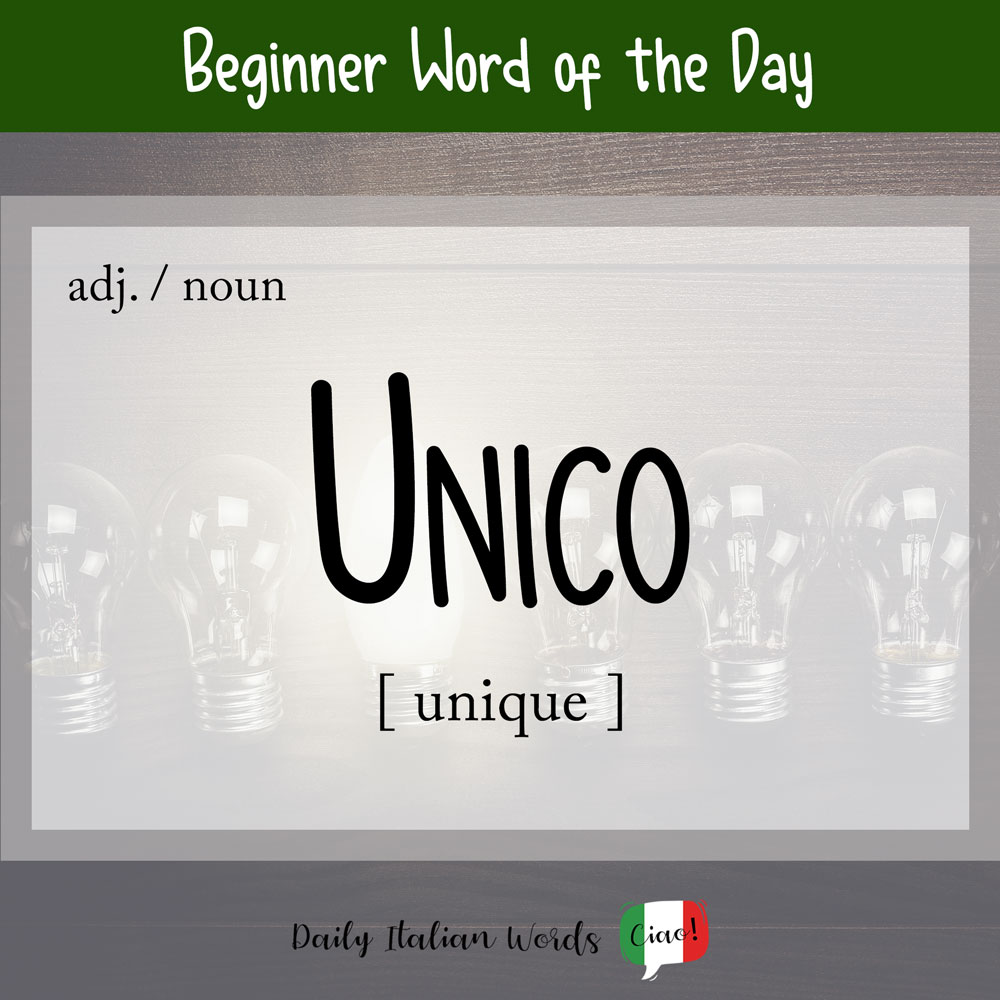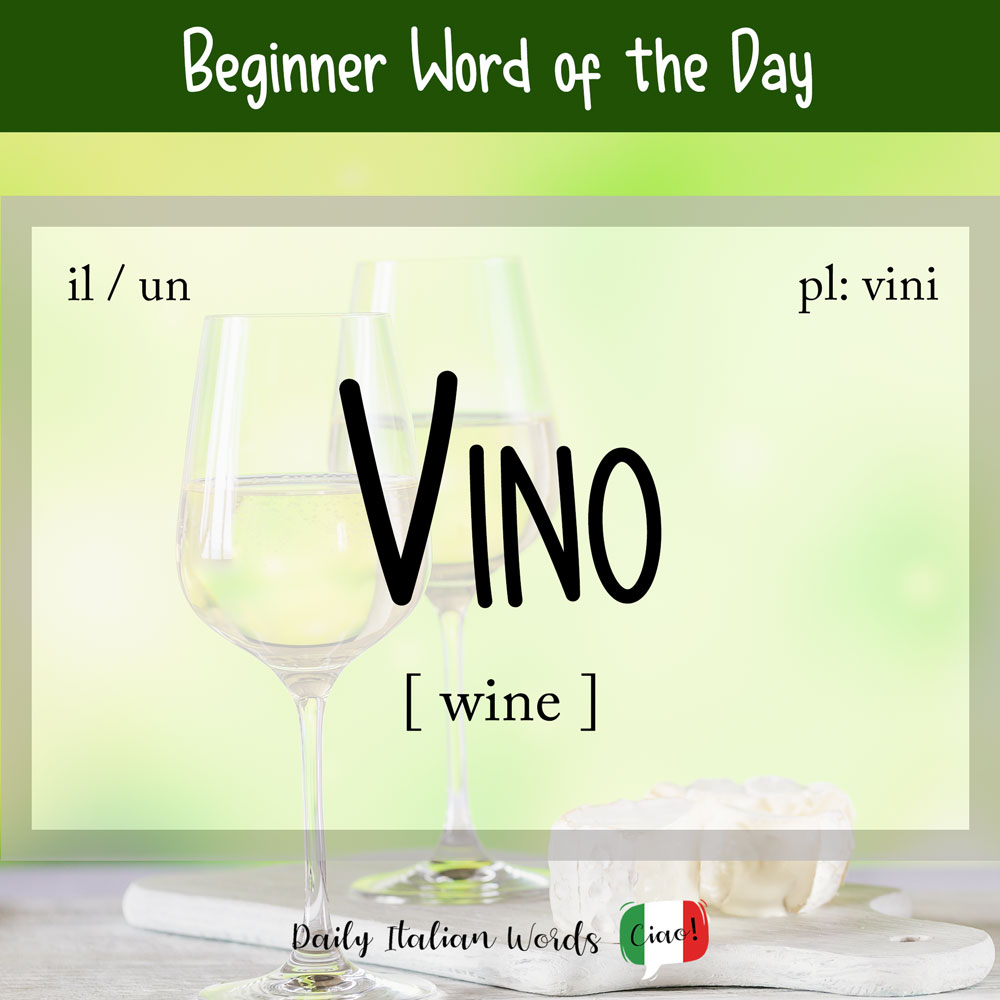Italian Word of the Day: Montagna (mountain)
When I moved to Italy to become an au pair in 2008, I decided that instead of flying from London to Turin, I’d take the train. Despite lasting nearly nine hours, the journey was fantastic thanks to the views of the French countryside and the Italian Alps, one of the most stunning mountain ranges I’ve …

